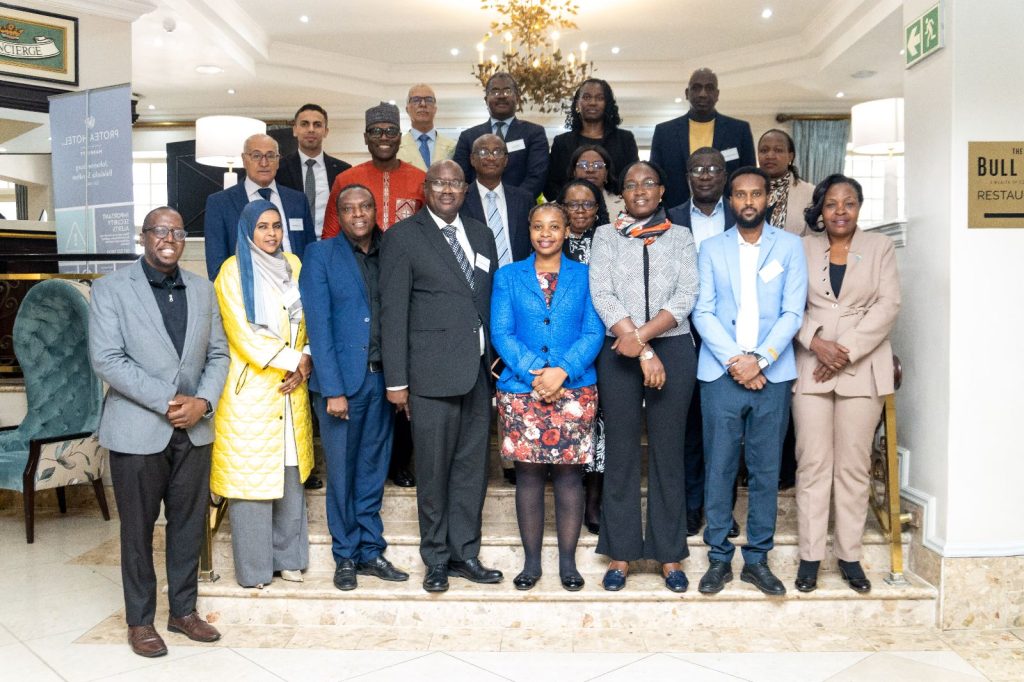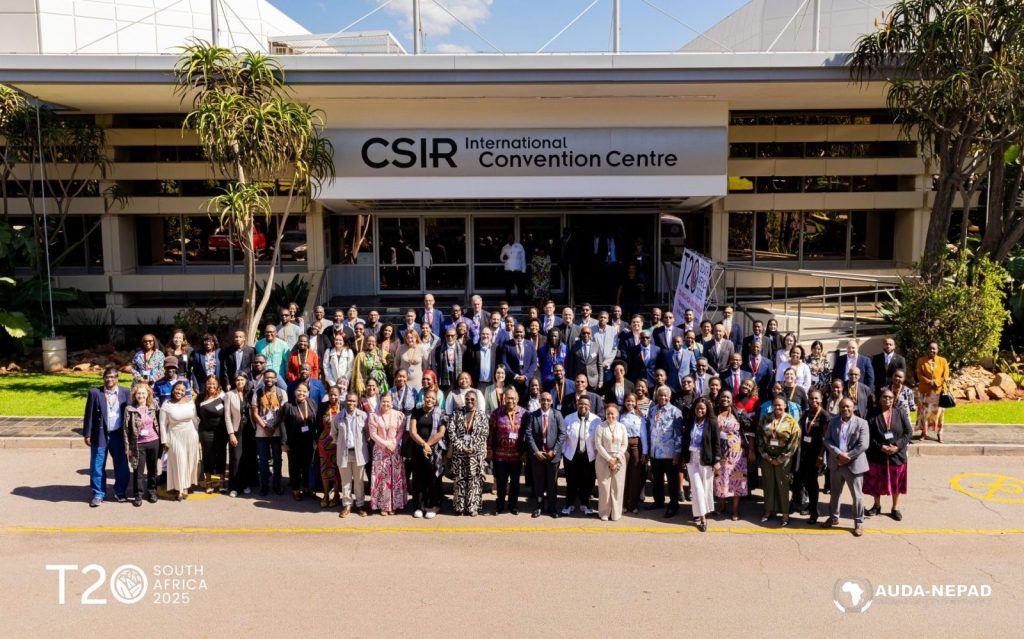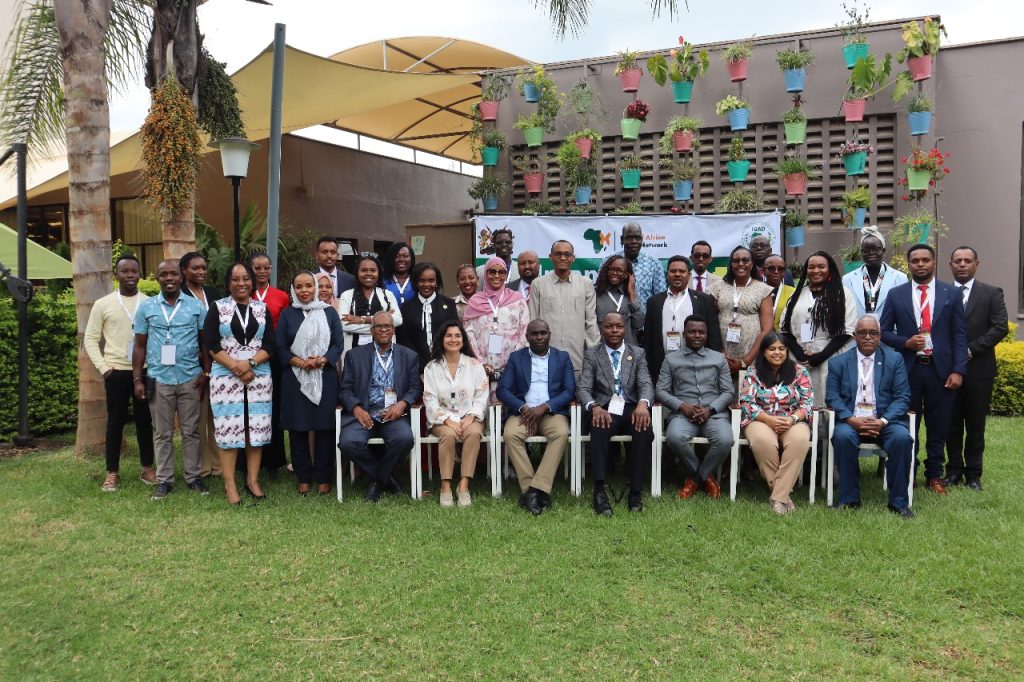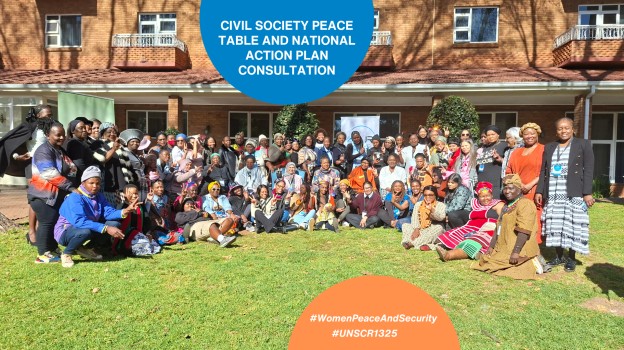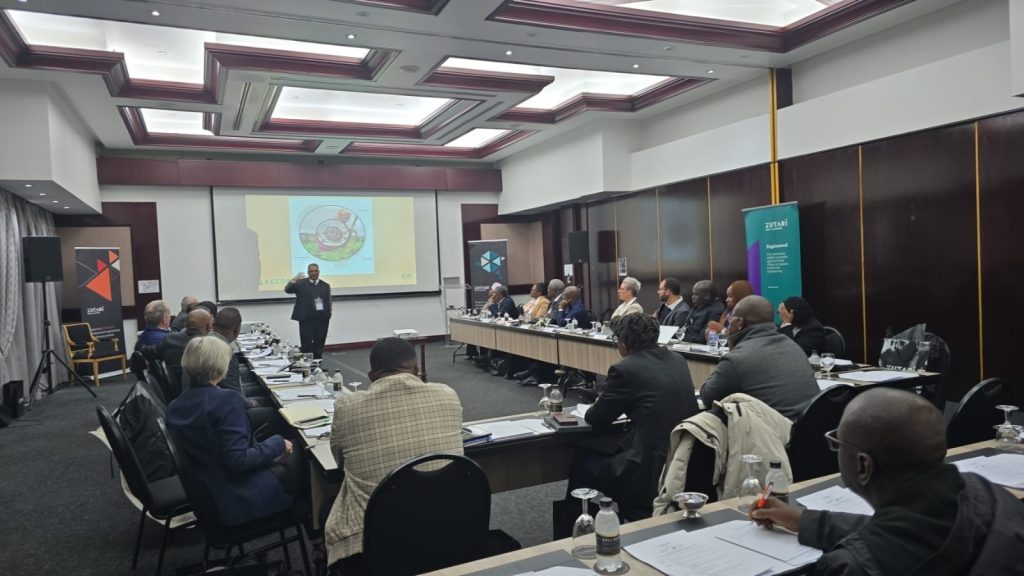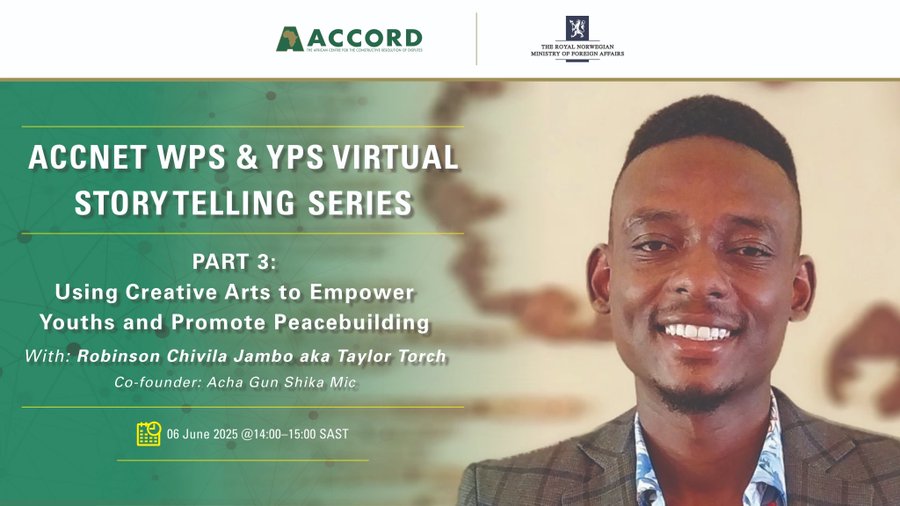Vasu Gounden, the Founder and Executive Director of ACCORD was in Burundi from the 11-14 May and again from the 16-18 May, where he had meetings with various role players, including President Nkurunziza, related to ACCORD’s ongoing post conflict reconstruction activities in Burundi.
Mr. Gounden was accompanied by Kwezi Mngqibisa, ACCORD’s Intervention Manager and Mala Roche, an intern at ACCORD, who were in Burundi as part of an ACCORD project funded by CAGE that aims to examine South Africa’s role in the peacekeeping and peace building initiatives in Burundi.
In 2006, during the time that ACCORD presented the Africa Peace Award to the Nation of Burundi, ACCORD also signed a memorandum of understanding with the government of Burundi. This agreement provided an extension of ACCORD’s work in Burundi to assist the new government to: increase their capacity to plan and implement national level policies and build capacity in areas critical to a successful post conflict period; to reinforce the capacity of the Burundi Government to develop and implement short, medium and long term strategies and implementation plan; as well as other activities identified by ACCORD and the government of Burundi.
On the evening of 14 May Mr. Gounden travelled to Rwanda, where he joined ACCORD Senior Researcher, Richard Kamidza, at a training that ACCORD co-hosted with the International Senior Lawyers Project (ISLP), based in Washington, USA. The training, which was held from 14-18 May 2007, was a trade negotiations training course. The course was attended by government officials and representatives from the private sector and civil society who are involved in trade negotiations. The training was attended by about 20 participants.
The course aimed to enhance the capacity of Rwanda to engage comparatively in international trade negotiation platforms. In this respect, the course outcomes included strengthening participants’ substantive understanding of existing international trade regimes (both multilateral and bilateral); improving interactive discussions and processes of developing negotiating positions and/or interests (both offensive and defensive) for different negotiating platforms; and sharing best practices of negotiating skills based on the many years of experience of the trainers.
The training is timely in that it coincides with the resumption of the Doha Development Agenda talks this year; the final preparation of the Economic Partnership Agreements (EPAs) in the East and Southern Africa (ESA) configuration, to which Rwanda is an active member; and other regional and bilateral trade negotiations fronts such as the American Growth and Opportunity Act (AGOA).
In early 2006 Richard Kamidza, along with Patrick Macrory from ISLP, conducted a needs assessment mission with stakeholders in Botswana, which was then followed by the first training related to this project in May 2006, which was held in collaboration with the Botswana Ministry for Trade and Industry.
The overall aim of the project is to enhance the capacity of southern African states to engage comparatively in international trade negotiation platforms.

